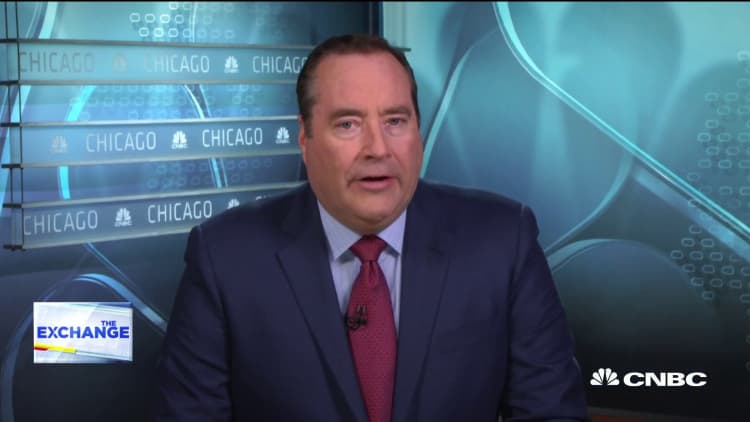DETROIT — Americans are expected to have bought fewer new vehicles last year than in recent years but spent a record amount on those new cars and trucks.
Research and forecast firms Cox Automotive, Edmunds and J.D. Power/LMC Automotive expect sales declined about 1% last year to roughly 17 million vehicles compared with 2018. Such results are considered healthy but would mark the lowest sales since 16.5 million vehicles in 2014.
"Despite a lot of noise and some uncertainty with light-vehicle sales, 2019 has turned out to be a strong year," Jeff Schuster, LMC Automotive president of the Americas and global vehicle forecasts, said in a release. "Much of that uncertainty has dissipated with USMCA nearly across the finish line, the progress with the China trade deal and an economy that is expected to be supportive."
Based on sales to consumers with average transaction prices of more than $33,600 per vehicle, J.D. Power estimates consumers spent a record $462 billion on new vehicles in 2019. That's up $8.4 billion from 2018 and marks the first time such spending has exceeded $460 billion, according to the firm.
Foreign and domestic automakers such as General Motors, Fiat Chrysler and Toyota Motor are expected to report December and year-end U.S. vehicle sales on Friday. Ford Motor is scheduled to report on Monday.
Light-duty U.S. vehicle sales are considered an important economic indicator for the auto industry, along with the unemployment rate, consumer confidence and interest rates, among other factors. Record transaction prices are good for the industry but also raise concerns about vehicle affordability.

While no one is predicting an industry downturn next year comparable to when vehicle sales dropped below 11 million in the U.S. in 2009, the industry is showing signs of weakness, according to experts.
Jonathan Smoke, chief economist of Cox Automotive, cited a record amount of non-housing debt, slowing retail spending and rising severe delinquencies and defaults as potential concerns for the auto industry.
"Retail spending growth began to slow as we entered the fourth quarter," he said in a release. "Collectively these trends suggest that the consumer may not be capable of single-handedly carrying the economy in 2020, which is why we are expecting another decline in new-vehicle sales."
Auto sales in December, according to Cox Automotive, are expected to have fallen 3.2% compared with December 2018. J.D. Power/LMC Automotive expect sales fell 6.6% last month, largely due to one less sales weekend and one less selling day than in 2018.
J.D. Power/LMC Automotive expect auto sales to come in slightly below 17 million vehicles in 2019, a 1.4% decrease compared with 2018. Cox Automotive expects sales of 17.09 million, down 1.3%. Edmunds is slightly more optimistic, forecasting sales of 17.1 million, which would be a 0.7% decrease.
Global vehicle sales are expected to fall by about 3.1 million in 2019 — the steepest year-over-year decline since the financial crisis a decade ago.
J.D. Power/LMC Automotive expect U.S. auto sales of 16.8 million in 2020. Cox Automotive's forecast is slightly lower at 16.7 million, while Edmunds predicts sales of 17.1 million for this year.


